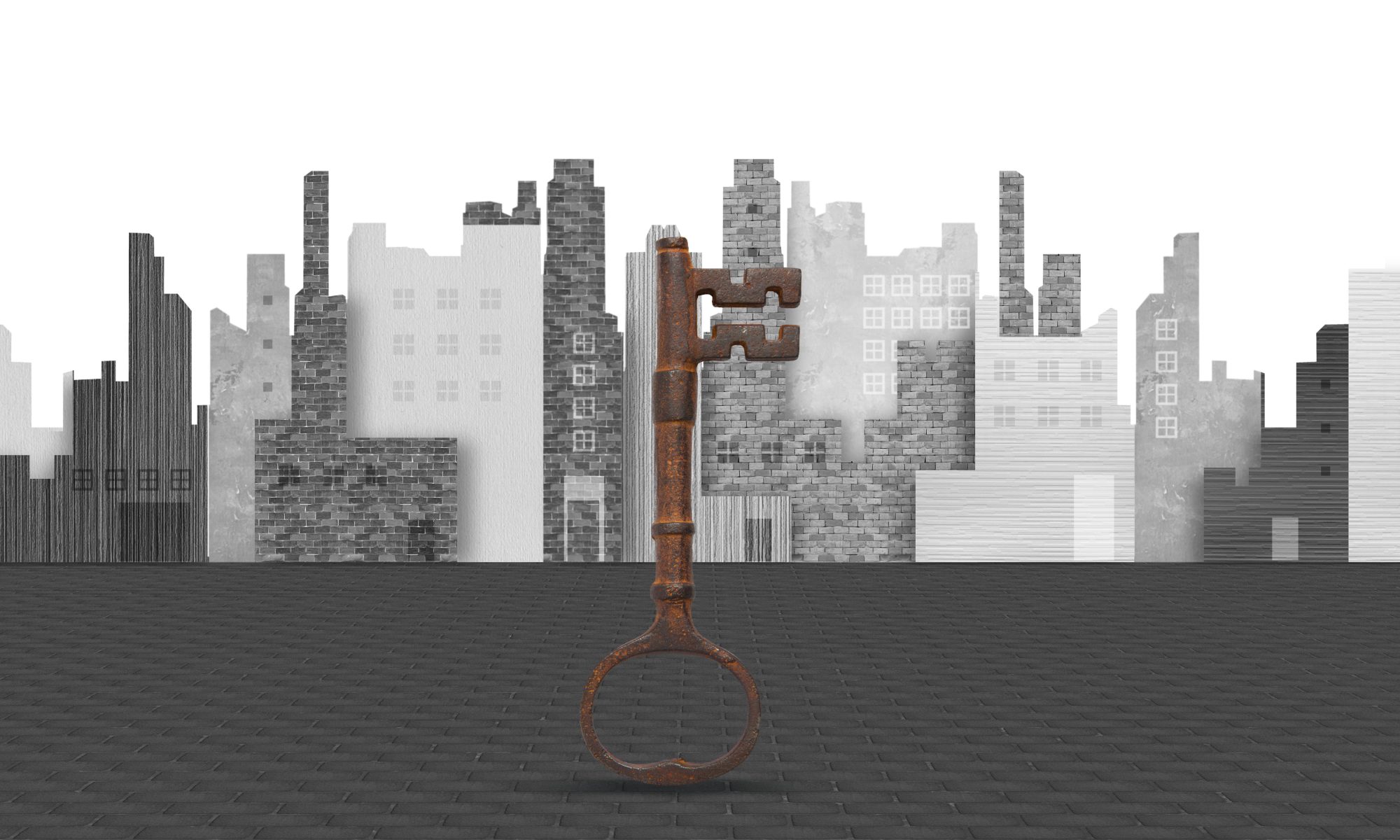Too afraid to speak up about that broken tap? Well, don’t be!
Quite often tenants are reluctant to put forward a request or concern out of fear of eviction, non-renewal of lease or from being blacklisted on a tenancy database. Yet for the most part, this fear can be eliminated by understanding your rights as a tenant – and how to exercise these under reasonable circumstances.
You are entitled to repairs
In every case, it’s best to notify your agent or landlord about possible damage or repairs and work with them to address the issue, rather than attempting to fix it yourself (or leaving it to worsen). Depending on the nature of the property and lease, a landlord is required to maintain premises ‘within reasonable repair’, to a state fit to live in. But before making a claim for a repair, be clear about the difference between general repairs and emergency repairs.
Urgent or emergency repairs are those that pose a significant danger or inconvenience; for instance, a gas leak, electrical fault or a blocked toilet. They require you to make an urgent repair request by contacting your agent – or, if after hours, to arrange for a qualified person to attend to the repair, which you can then provide the details of to your agent/landlord. For all other cases that are general repairs, these can be addressed by contacting your agent in writing. And whenever possible, remember to keep a paper trail of all work conducted.
Ending an agreement
If you’re in a fixed-term lease, your landlord cannot end your agreement without significant grounds such as a breach of lease or mortgage repossession. Should your lease expire and you are continuing to occupy the property and pay rent, your lease has become a periodic agreement. Periodic agreements can incur termination without reasonable grounds, but require 90 days’ notice to be given to the tenant (or 30 days for selling the property).
Notice for rental increase
Landlords are required to provide the tenant with notice for rental increase (60 days’ written notice in NSW) and cannot increase rent ‘excessively’. While there doesn’t exist a limit in NSW for how often your rent can increase, you as the tenant reserve the right to negotiate the increase with your landlord or agent, should you believe this to be excessive.
Everybody deserves a sense of security!
If you have a question or concern about a property matter, please get in contact with the Prudential Real Estate team today – call (02) 4628 0033 or email campbelltown@prudential.com.au.

